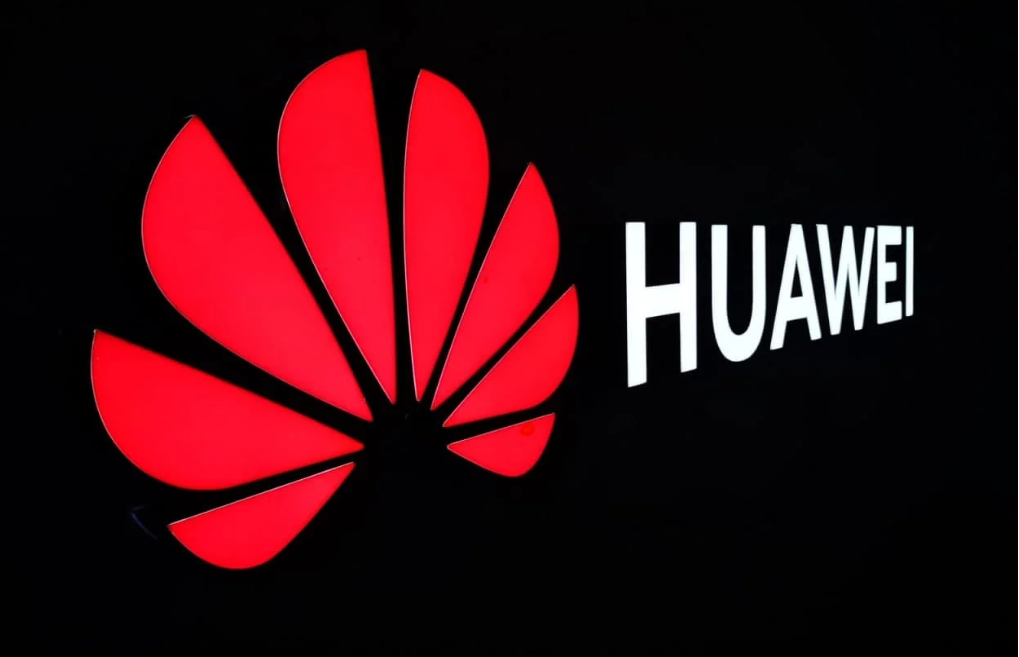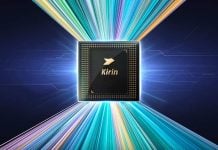In a surprising turn of events, several Taiwanese technology companies have reportedly joined forces with China’s Huawei to bolster the construction of its chip manufacturing plants in southern China. This collaboration comes amidst a backdrop of tense geopolitics, with Taiwan aiming to limit Chinese influence while Beijing grapples with crippling U.S. government sanctions on its semiconductor industry.
At least four Taiwanese firms, including chip material reseller Topco Scientific Co., L&K Engineering Co.’s Chinese arm, Cica-Huntek Chemical Technology Taiwan Co., and a subsidiary of construction specialist United Integrated Services Co., are lending their expertise to Huawei’s ambitious plans. Some of these companies have played pivotal roles in establishing Taiwan as a leading global destination for chip manufacturing.

Huawei, supported by substantial funding from the Chinese government, has been fervently expanding its semiconductor initiatives, aiming to reduce its reliance on foreign technology in the face of U.S. sanctions. The exact nature of the assistance provided by these Taiwanese companies remains unclear. However, it has been suggested that they might be engaged in activities not directly related to U.S. sanctions, such as semiconductor wastewater management systems for Huawei’s facilities.
The collaboration raises questions about potential violations of American sanctions imposed on Huawei in 2019, which prohibit the import of U.S. goods and chipsets by the company. This restriction also extends to companies that utilize U.S.-based technology, barring them from supplying to Huawei. Despite this, the precise scope of the support offered by the Taiwanese companies remains uncertain, making it difficult to determine if any violations have occurred.
Huawei, undeterred by the sanctions, has been conducting extensive research in the semiconductor domain. Recently, the tech giant unveiled its Mate 60 series flagship phone in China, capturing widespread attention. Notably, the spotlight is on its chipset, which boasts 5G network capabilities, showcasing Huawei’s determination to innovate despite the challenges it faces in the global market.
The involvement of Taiwanese companies in Huawei’s chip manufacturing endeavors is indeed a peculiar development. Taiwan’s Minister of Economic Affairs, Wang Mei-hua, has announced that the government will investigate these companies, urging them to be mindful of U.S. export control measures if their equipment falls under restricted categories according to American rules. This situation adds a new layer of complexity to the intricate web of the US-China tech war.
Related:
- Huawei Mate60 Pro Back in Stock in China, But With a Catch
- SMIC ramps up Raw Material procurement amidst potential U.S. Sanctions
- Comply or Lose Millions of Users: China Wants to Ban Millions of Apps from Apple App Store






